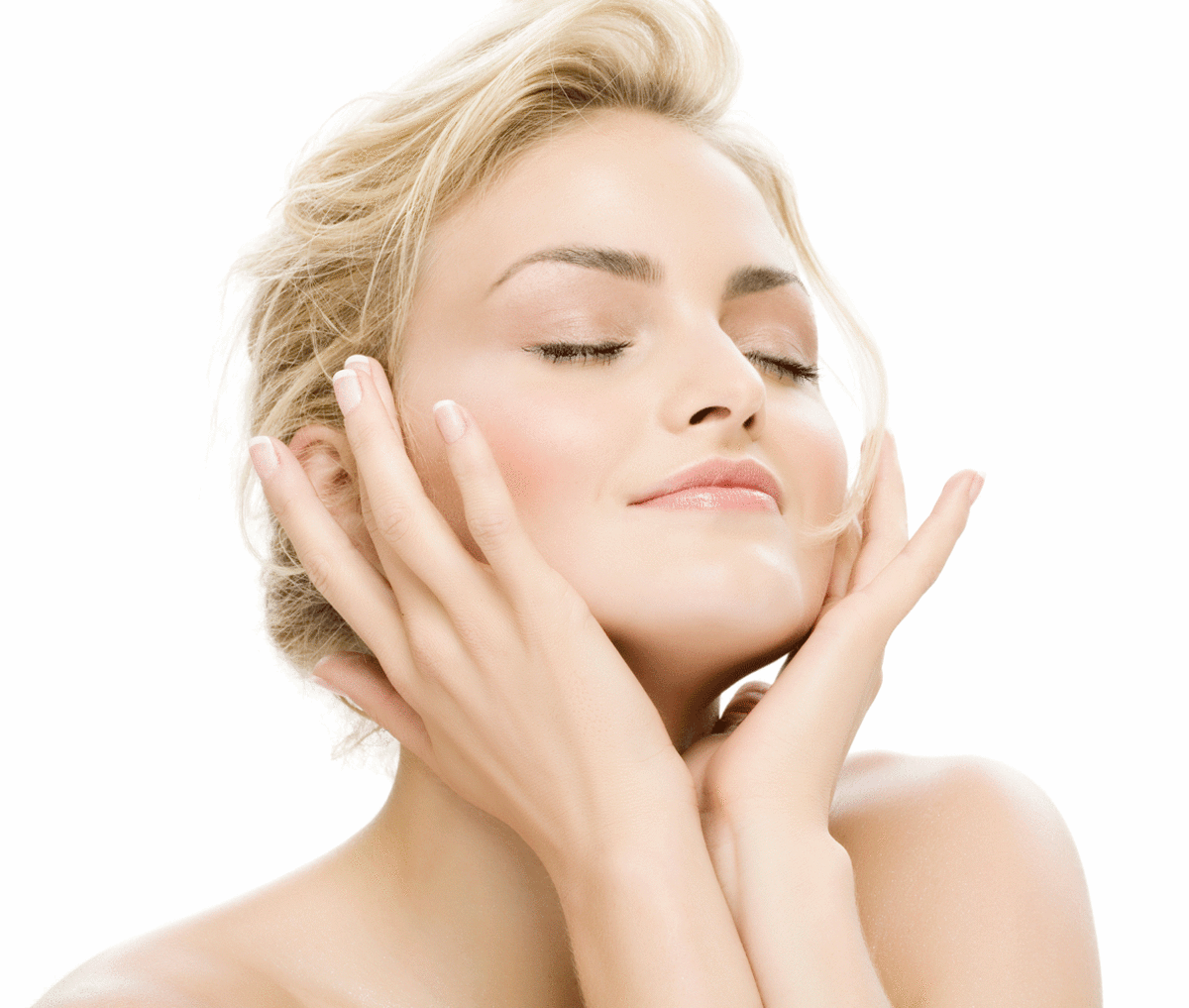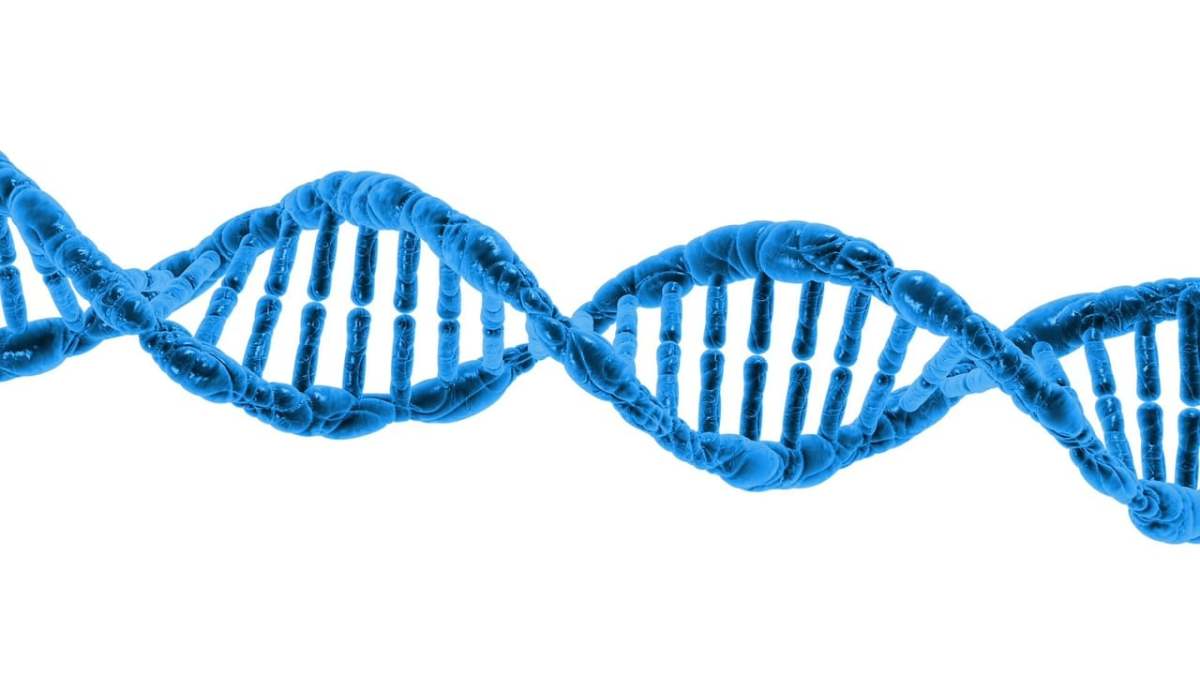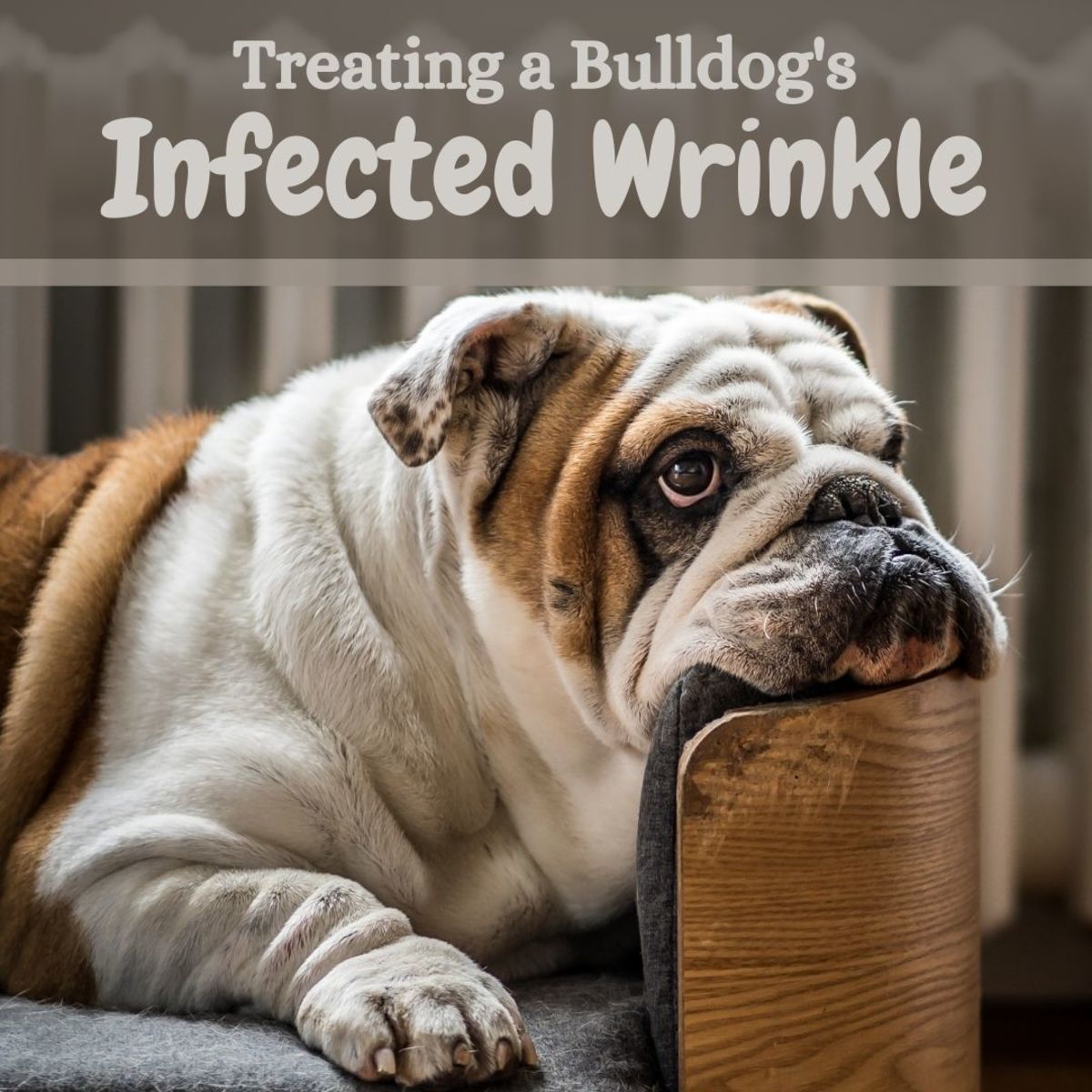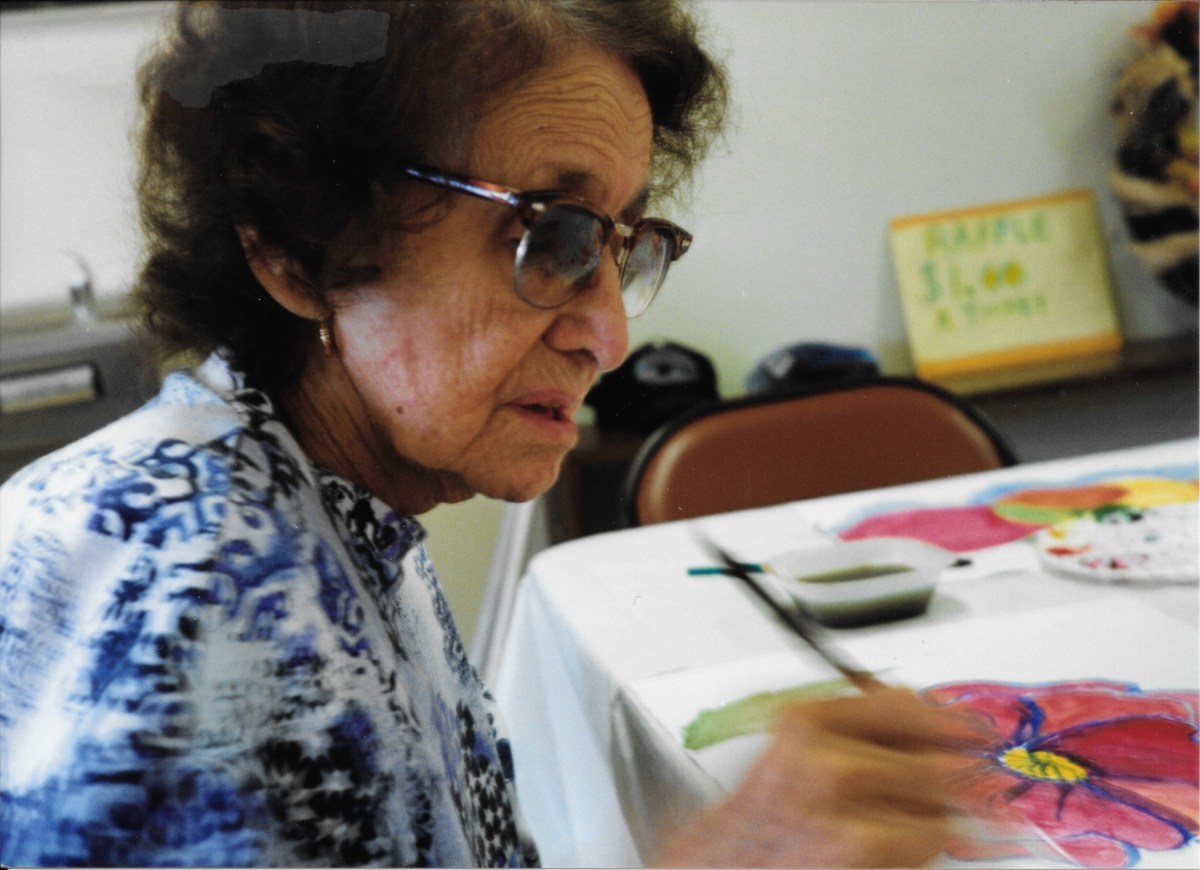At What Age you Start Wrinkling?
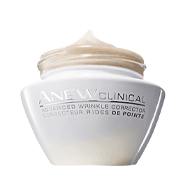
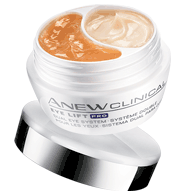
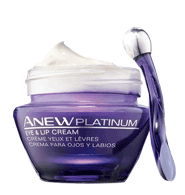
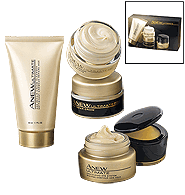
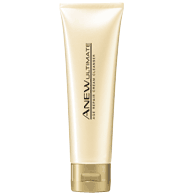
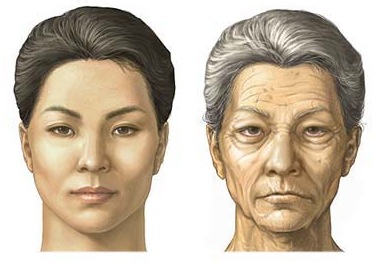

Aging Skin!
We all know that our skin involves a series of changes throughout our life as we age. These transformations involve a protein known as collagen in our body which helps the skin to form elasticity. When collagen decreases, the skin’s elasticity decreases as well. Delinquencies is a process which produces melanin. Dark skinned people are protected by higher concentrations of melanin which makes their skin stay smoother longer than fair skin. Aging skin is also caused by losing moisture and thickness of the dermis layer. There are some other factors like stress, long term use of medication, pollution and the radiation from the Sun that are responsible for the appearance of wrinkles. Along with the sun, smoking is a major cause of wrinkles. The chemicals in tobacco constrict blood vessels and thus promote by reducing blood flow to the skin. Squinting through the haze hastens the formation of crow’s feet: wrinkles around the eyes. Wrinkles are the most obvious sign of aging and generally appear earlier in women than men because their skin is much thinner.
Aging skin at 20`s, 30`s,40`s and 50`s:-
“Nature gives you the face you have at age 20; at age 50, you get the face you deserve.”
- Fashion designer Coco Chanel.
Most people outgrow acne by the age of 20. By 30 you may see tiny crow`s –feet around your eyes which may be your first wrinkles. You also start losing the cells that produce the pigment melanin which leads to a paler complexion and becomes less protective towards sun`s ultraviolet rays. Melanin loss proceeds at the rate of 6 to 8 percent a decade.
At about the age of 40 the fat in the innermost layer of your skin starts to shrink. In the middle layer or dermis the collagen that forms the skin`s fibrous supporting structure gradually decreases, as do the elastin fibers that make your skin flexible. Cell production in the epidermis or outer layer of skin slows. Your skin becomes thinner less supple and more prone to wrinkles.
In your fifties wrinkles becomes deeper and cheeks may sag. Although blood vessels in the skin become sparser on sun damaged faces near the surface blood vessels may make a pattern of red lines called telangiectasia. Glands in the dermis secrete less oil leading to drier skin.
In your sixties and seventies your skin becomes more parched, thinner, paler and more wrinkled.
How to Slow Down The Wrinkle Process:
The good news is that wrinkling is partly under your control and you can slow down wrinkle process by taking these steps:-
1. Vitamin C –It helps produce collagen, the substance that gives skin some elasticity. Citrus fruits green peppers and tomatoes are high in vitamins C.
2. Vitamin E – It is an antioxidant, helps to counter the effects of pollution and ultraviolet rays. Among food high in vitamin E are wheat germ, whole grain bread, oatmeal and vegetable oils.
3. Beta – carotene: It is also an antioxidant. It is found in various fruits and vegetables including carrots and broccoli.
4. Drink eight glasses of fluids a day to make sure your skin is getting enough moisture from within. Besides plain water you can meet this quota with mineral water diluted fruit juices, herb teas, decaffeinated tea and coffee. Avoid drinks containing alcohol, caffeine, sugar and too much salt. If you have tiny facial surface veins, avoid alcohol and hot or spicy foods. They aggravate flushing.
5. Bags and rings appear under the eyes because this area has the thinnest skin in the body. As the skin loses resilience, fluid collects under it, making it bulge and sag. Veins near the surface show through as dark circles. Although a tendency to develop these conditions is hereditary, fatigue and eye irritation exacerbate them. Raising the head of your bed may reduce puffiness by letting fluid drain away.
6. Do not rub your eyes; you may stretch the fragile skin beneath them. And get plenty of sleep. Some researchers believe that body tissues replenish themselves during sleep.
7. Soothing as a long hot bath may feel, soaking dries aging skin. A lukewarm bath of 15 minutes or less is better. And think twice about bath oil because it can make your tub very slippery. Use half cup of salt in the bath instead. Taking a brief shower is less drying than bathing in plain water. In winter when your skin is exposed to harsh and dry heat, dermatologists suggest limiting showers to three to four times a week. In warm and humid climates, no restriction is necessary.
8. If your skin is dry choose a mild drying body soap. Deodorant soap, which work by killing the germs that cause perspiration to smell bad, are some-times harsh on sensitive skin. After your bath or shower, pat and don`t rub yourself, dry and use a moisturizing lotion right away to lock in the water your skin has absorbed.
Recipes for anti wrinkle cream:-
Coconut,olive oil or vitamin E oil: Apply the oil into your skin, like you do anti wrinkle cream and gently massage it on your face and neck every night.
Banana,Papaya or Avocado: Mash any of these fruits until it becomes creamy and use it over your face and neck. Leave for ten to fifteen minutes, and then rinse it off with warm water and gently patting the skin dry.
Honey: This also makes a best homemade anti aging wrinkle cream. Simply spread honey, oatmeal and lemon juice mixture over clean skin and leave it on for no more than twenty minutes. Rinse it off with warm water and gently pat dry.
Pineapple and Apples: Another recipe for homemade anti wrinkle cream is to apply the juice of pineapples and apples to the face daily and leave on the skin for ten to fifteen minutes, then rinse the juice off with warm water and gently pat the skin dry.
You can also make a recipe for homemade anti wrinkle cream with two tablespoons of cucumber juice, one egg white, one teaspoon of lemon juice, one teaspoon of rum or brandy, and 1.2 teaspoons of sodium benzoate. Beat the egg white and mix the other ingredients into it and apply it to the skin after chilling it. Leave on the skin for ten to fifteen minutes, then wash it off with warm water and gently pat the skin dry.


